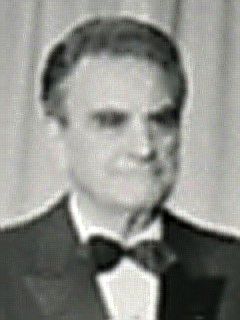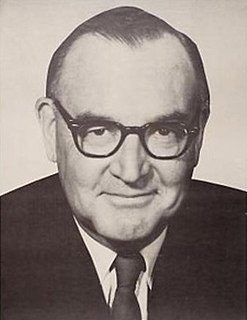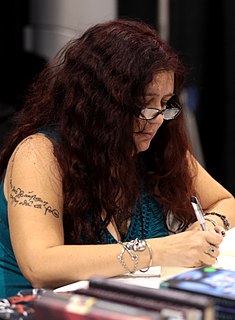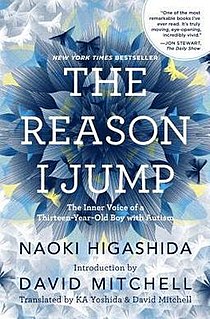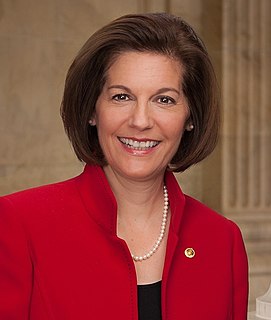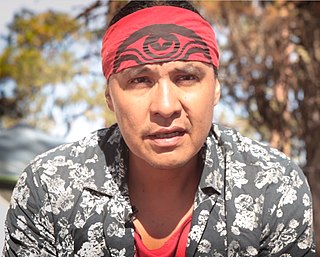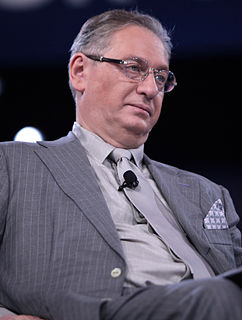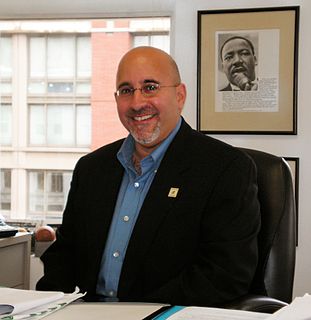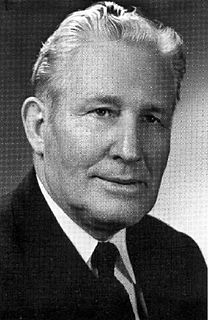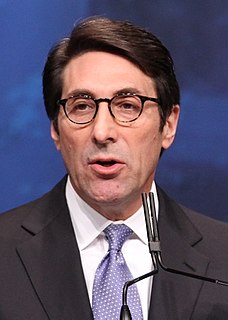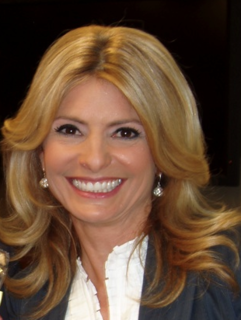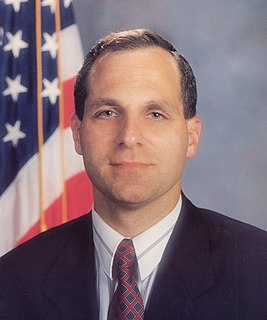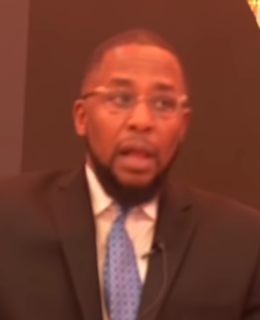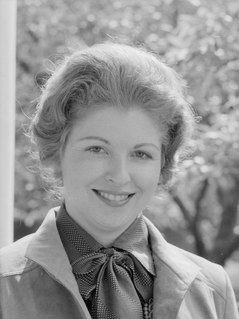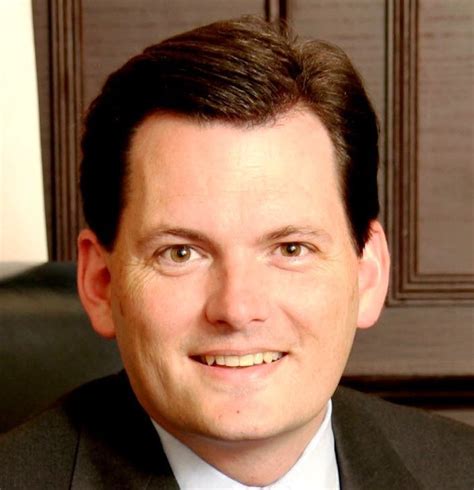A Quote by Angela Corey
There is a reason cases are tried in a court of law, not in the court of the public and not by the media, because details have to come out in excruciating and minute fashion, detail by detail, bit of evidence by bit of evidence.
Related Quotes
There exists a mountain of circumstantial evidence that consciousness survives bodily death. This is the kind of evidence that would stand up in a court of law. Some people believe that science needs better tools to quantify what consciousness is. Perhaps when we discover what consciousness is we will be on the road to providing absolute scientific evidence that there is life after death.
I destroy because for me everything that proceeds from reason is untrustworthy. I believe only in the evidence of what stirs my marrow, not in the evidence of what addresses itself to my reason. I have found levels in the realm of the nerve. I now feel capable of evaluating the evidence. There is for me an evidence in the realm of pure flesh which has nothing to do with the evidence of reason. The eternal conflict between reason and the heart is decided in my very flesh, but in my flesh irrigated by nerves.
Nicaragua dealt with the problem of terrorism in exactly the right way. It followed international law and treaty obligations. It collected evidence, brought the evidence to the highest existing tribunal, the International Court of Justice, and received a verdict - which, of course, the U.S. dismissed with contempt.
When I told you I wanted to try, I spoke the truth. When I turned away, it was for my former court, and when I tried to make another faery love me, it was for that court. I’ve lived for my whole life trying to bring the Summer Court back to the strength it once was. In all of those years, in centuries , I’ve only wished myself free of duty because of one reason. You.
Let's put it in perspective at the United States Supreme Court, which hears maybe 60 cases a year, most of the cases are resolved without much dispute. The 10 or 15 that are controversial we all know about, and we hear about. The federal courts hear just a tiny sliver of the cases that go to court in this country. Most of the cases are in the state courts. And most legal issues never go to court. So, the legal system is actually not in jeopardy. At the same time, access to law is in jeopardy.
In fact, Native American Rights Fund has a project called the Supreme Court Project. And quite frankly, it's focused on trying to keep cases out of the Supreme Court. This Supreme Court, Justice Roberts is actually, hard to believe, was probably worse than the Rehnquist Court. If you look at the few decisions that it's issued.



